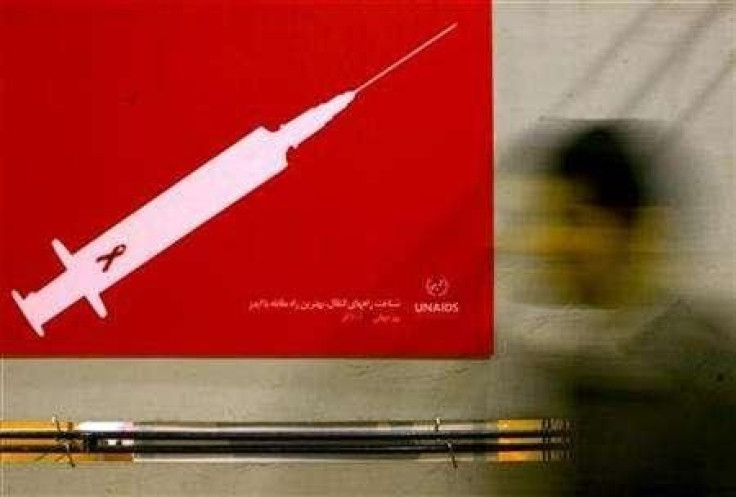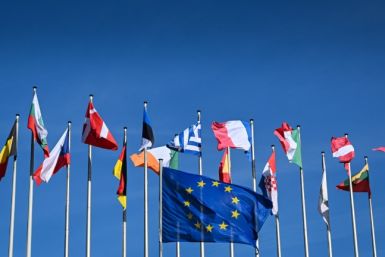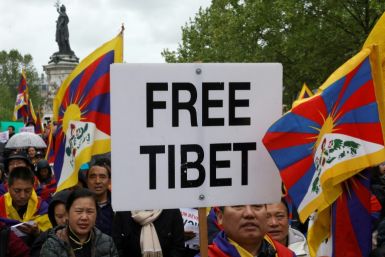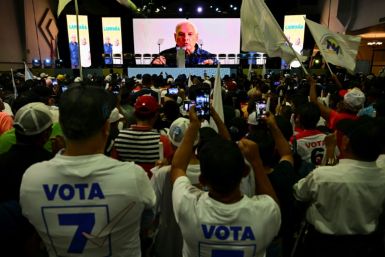UN Agency Elevates Papua New Guinea's HIV and AIDS Crisis to a Pandemic
A UN agency has labelled Papua New Guinea's growing HIV and AIDS public health emergency a pandemic.

The United Nations believes there is cause for concern with Papua New Guinea's high rate of HIV cases. According to Radio Australia, a UN agency has already labeled the country's HIV and AIDS public heath emergency as a pandemic.
Papua New Guinea bears 90 per cent of the entire region's HIV cases, and Steve Kraus, regional director of UNAIDS, indicated that those that are the most at risk are the residents of densely populated areas, including Port Moresby, Hela Province and Lae.
"Across the country an epidemic of HIV, which we feared not so many years ago would be a generalized epidemic, I think increasingly what we've seen like other countries in our region PNG is seeing the epidemic localized in certain cities, certain provinces and certain populations," he reported.
UNAIDS released a report in March that reveals its plans and actions to date. The report also revealed the number of HIV testing sites in PNG roles from 17 in 2005 to a whopping 329 by 2013.
The focus of UNAIDS to address the epidemic focuses on treatment options and a campaign puts the communities at the center of AIDS response activities.
According to the UNAIDS Web site's PNG update, "Community systems in the country are based on the traditional wantok welfare and care system, which is grounded on the belief that if one of your wantoks (close friends) is sick, you need to care for him or her. This system has allowed communities to be more responsive in delivering HIV services to those most in need in an effective, rights-based and culturally appropriate manner."
They recognise the need to involve the local community, citing: "So it's really important to work with local authorities, local leaders, and sometimes indigenous leaders to try and really help them understand their epidemic," he explained.
"Then we can work together with them to create a sustainable response endorsed by the community themselves in which they participate."






